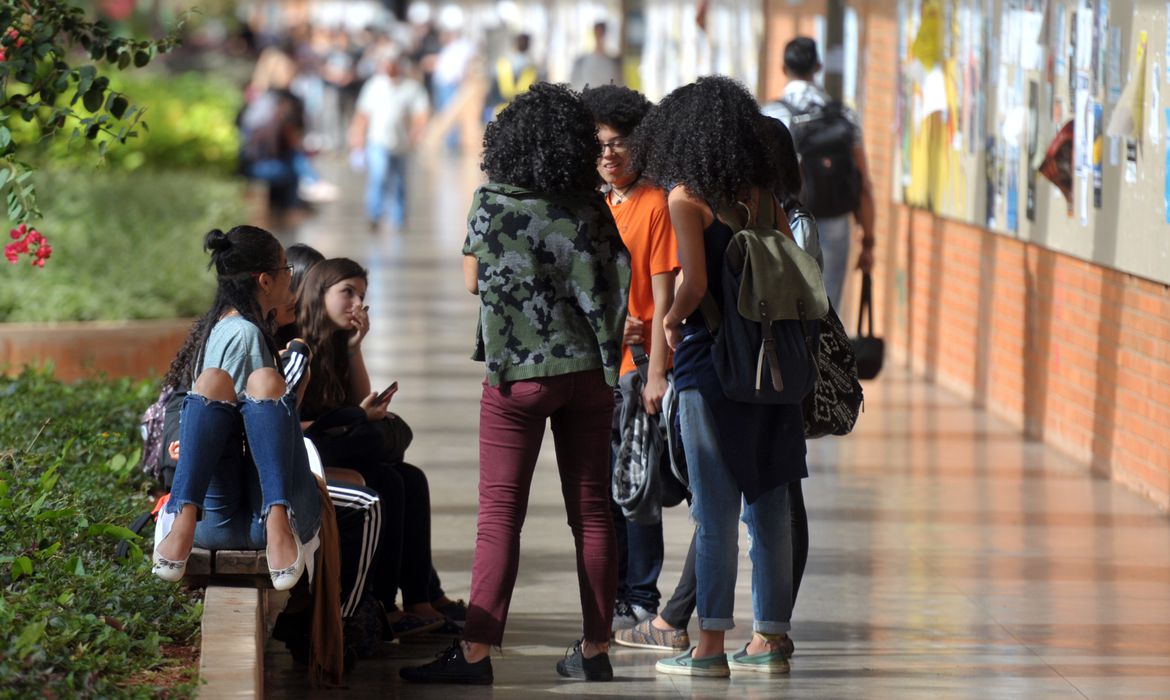In November 2004, Confenen (National Confederation of Teaching Establishments) filed a Direct Action of Unconstitutionality in the Supreme Court to overturn a Provisional Executive Order issued just days before by the federal government. The text of Provisional Executive Order No. 213 created Prouni (University for All Program), an initiative for granting scholarships at private universities to students who graduated from public high schools. According to Confenen, Prouni discriminates between Brazilians and, as such, violates the Constitution.
The case was challenged by the Attorney General’s Office and by civil society organizations admitted as amicus curiae. In its challenge, the Attorney General’s Office clarified that the program works by granting scholarships to students already enrolled in higher education courses, and not, as Confenen had claimed, as a selection mechanism for access to universities.
In their contribution to the Court, Conectas and the CDH (Center for Human Rights) put in context the role of the university entrance exam and the seriousness of racial inequality in the country. According to the organizations, the conventional model for evaluating access to higher education historically favors candidates who receive greater incentives over the course of their school life – notably, white people with more resources. Considering that education is one of the best ways to achieve upward social mobility, this leads to the underrepresentation of black people in spheres of government and perpetuates inequalities.
According to data from the Ministry of Education, only 2% of young people who completed higher education at the time the case was filed were black, compared to 80% who were white.
“In this regard, the entrance exam is not an egalitarian and meritocratic instrument, but a selective mechanism that favors those who are already more economically and culturally privileged,” reads an excerpt from the document submitted by the organizations to the Supreme Court. “Using the principle of equality to keep large portions of the population excluded from public funding is to defraud the true legal and moral sense of equality.”
In addition to illustrating how the conventional university entrance exam model subverts the broader goals of the university system – such as, for example, the full development of the human personality – the organizations admitted as amicus curiae argued that Provisional Executive Order 213 was in keeping with the constitutional principles and international commitments assumed by Brazil with regard to the elimination of racial discrimination. Finally, the organizations also highlighted the decision of the Supreme Court of the United States on the constitutionality of affirmative action policies.
In May 2012, by majority vote, the ADI was dismissed by the Supreme Court.
Technical information:
Case: ADI-3714
Court: Supreme Court
Status: Classified as impaired on account of Law 4,151/2003.
Procedure: Supreme Court denies any appeal of the case.
- Publication of Provisional Executive Order 213 that created Prouni: 9/10/2004
- Initial petition: 10/21/2004
- Request for admission as amicus curiae: 11/16/2004
- Judgment: 5/3/2012
